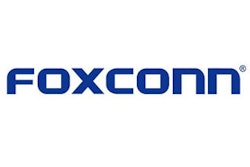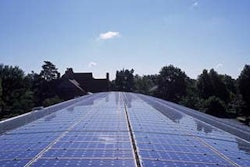MILWAUKEE (AP) -- Johnson Controls Inc. said Monday it is ending lead-processing operations at battery plant in Shanghai that Chinese regulators linked to elevated blood-lead levels in children who lived nearby.
The company said the lead-processing operations are being transferred to other facilities in China, and processing equipment is being removed from the Kangqiao facility.
The company based in Milwaukee said the facility will stay open, although some jobs will be eliminated. The facility will still be used to store and label batteries that were made elsewhere and prepare them for shipping. Johnson Controls said it was "disappointed" with the outcome.
Chinese regulators said the Johnson Controls plant was responsible for the abnormally high blood-lead levels seen in some children in Kanghua New Village. Johnson Controls said it was not to blame. The company said emissions at the plant were far below national standards and that tests showed high lead levels at a waste recycling facility near Kanghua New Village.
Lead acid batteries are used in cars and electric scooters, and production and recycling of the batteries is a key source of lead contamination.
Johnson Controls said it stands by its environmental record and that the changes at the Kangqiao plant won't affect consumers.
The factory suspended production in September after it reached its annual quota for lead use.
Shares of Johnson Controls slipped a penny to $28.44 in afternoon trading. Its shares have traded in a range of $23.37 to $35.95 over the past year.






















